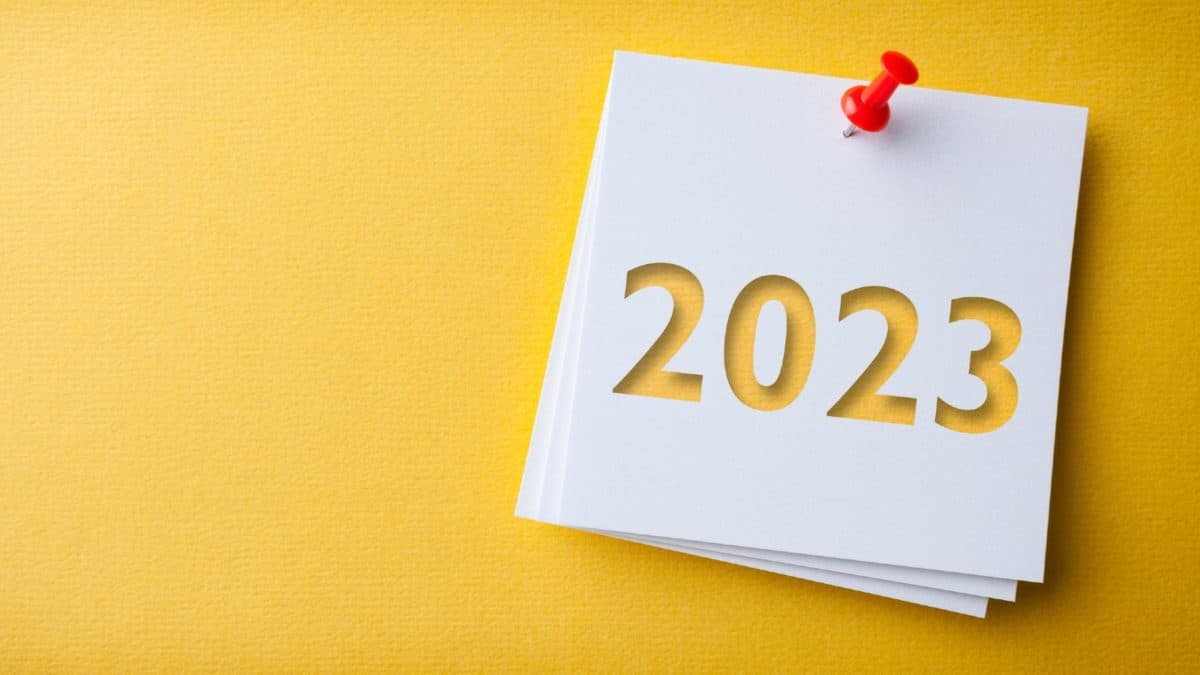Throughout history, some of the worst stock market crashes have occurred in October. The wider Halloween period seems to spook many investors into a panic, triggering catastrophes like the 2008 financial crisis and other meltdowns dating all the way back to the early 1900s. And even since the start of this month, volatility appears to be back on the rise.
So are we on the brink of the long-feared market crash prophesied by the likes of major investors Michael Burry and Jeremy Grantham this year? Let’s take a closer look at what’s going on.
Understanding the ‘October effect’
October is an interesting month for the stock market. While it’s easy to attribute the spooky volatility to superstition, the reality is one of bookkeeping. Specifically, the bookkeeping of mutual funds.
For many investment funds in the UK and US, October marks the end of the fiscal year. And that has two significant implications regarding performance and taxes.
Like anyone, mutual funds don’t like paying taxes if they don’t have to. As such, managers will seek to offset any profits gained throughout the year by deliberately realising losses.
This means losing positions are sold off to offset any taxable gains. At the same time, investor capital is redirected into winning positions to make performance on paper look better than reality to attract more investors into the fund.
This is known as window dressing, and it’s been going on for more than a century. It’s also why November tends to see a significant jump in stock prices as mutual funds reopen their previously closed positions shortly after their new fiscal year kicks off.
Having said that, when the markets are already concerned about economic or geopolitical issues, the October Effect can become a self-fulfilling prophecy, triggering a stock market crash in the process.
What happens now?
There are a lot of reasons to be financially pessimistic at the moment. Energy prices are back on the rise, property values are tumbling due to unaffordable mortgages, inflation is still too high, the cost-of-living crisis rages on, and the war in Ukraine doesn’t seem to have an end in sight. Meanwhile, across the pond, the US is facing another government shutdown while student debt repayments restart after being paused in 2020.
Pairing all this with skyrocketing credit card debt, it seems like we’re facing the perfect storm, with the Fear & Greed Index tanking in the process.
Despite all this chaos, I actually remain optimistic. While the economic situation is undoubtedly problematic, it’s nowhere near as bad as previous periods of instability, especially with a recession in the UK and US on track to be avoided.
Nevertheless, it’s always prudent to be prepared. After all, if the markets crash, the long-term buying opportunities for fantastic companies will be plentiful.
That’s why I’ve got my cash hoard topped up, and ready to go shopping should I be proven wrong.








